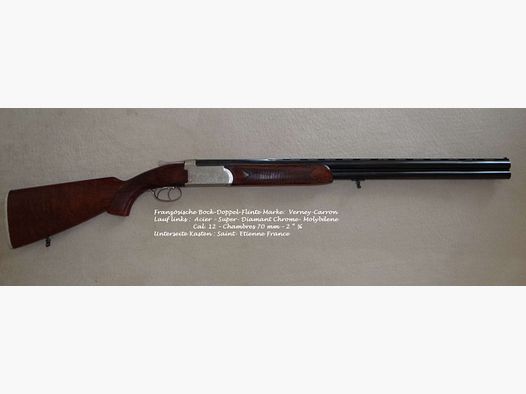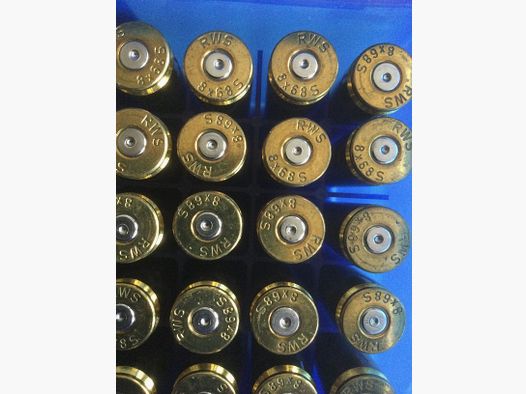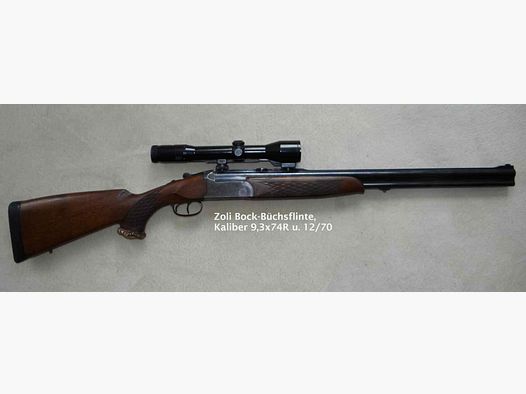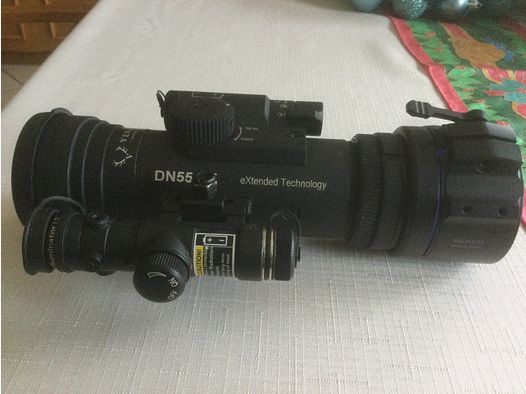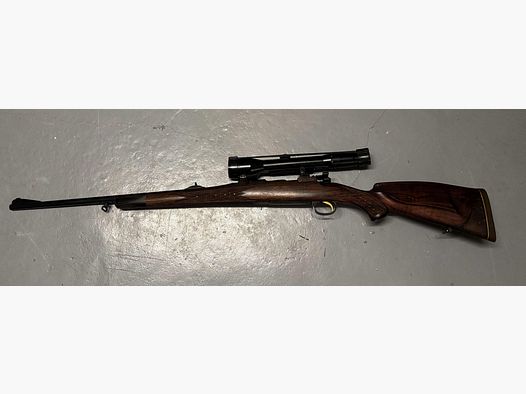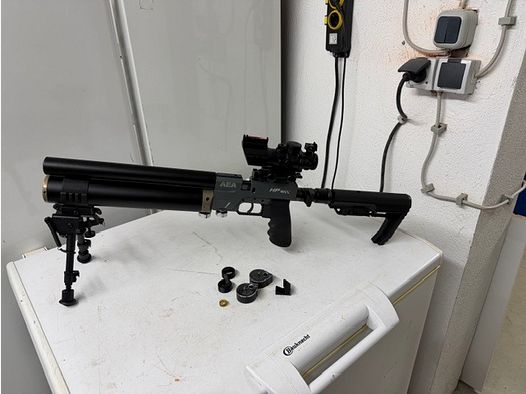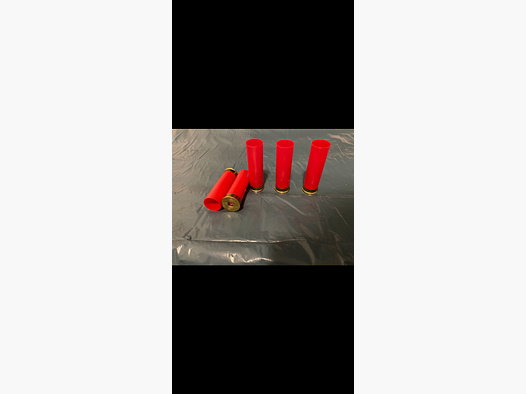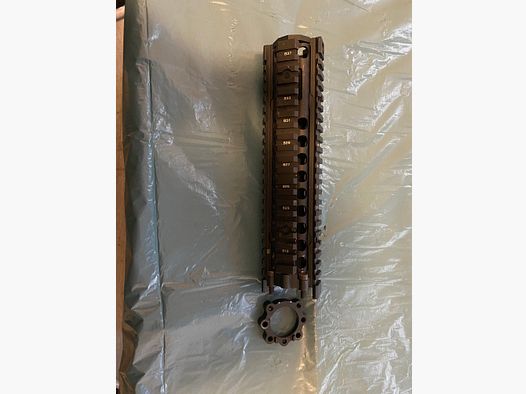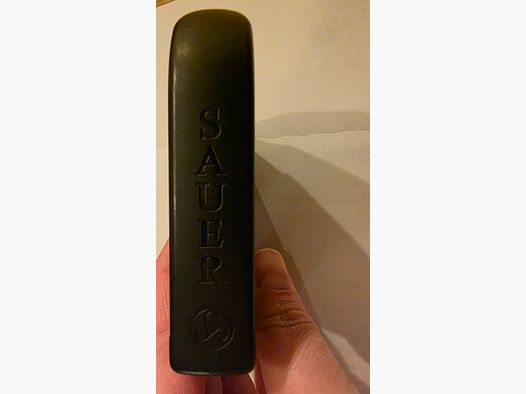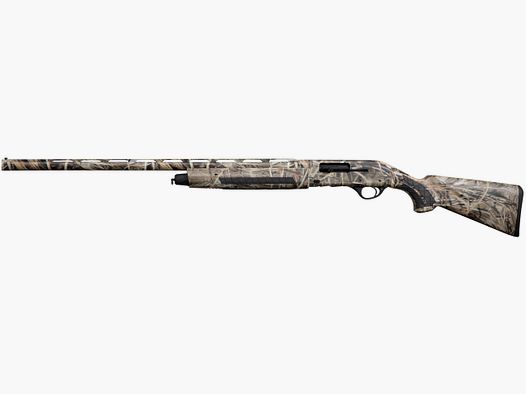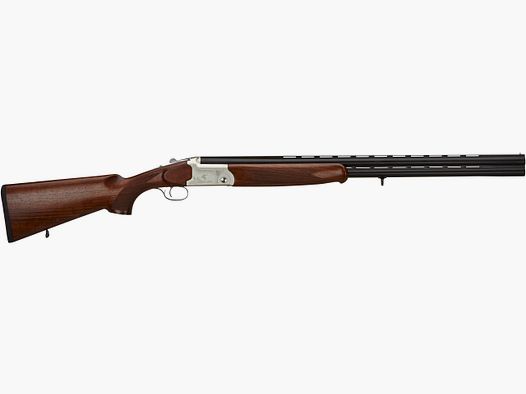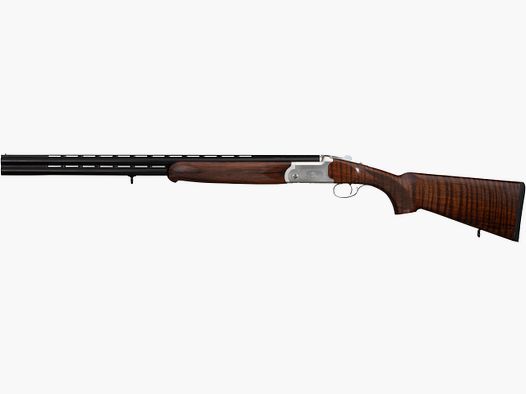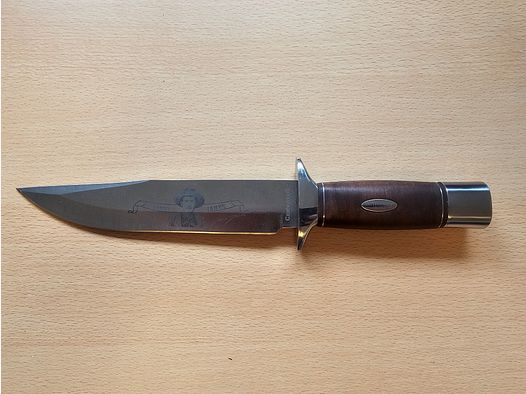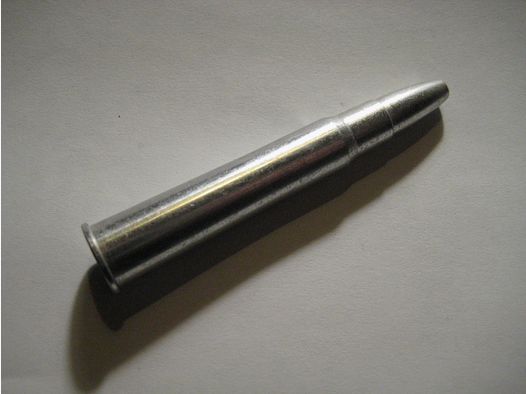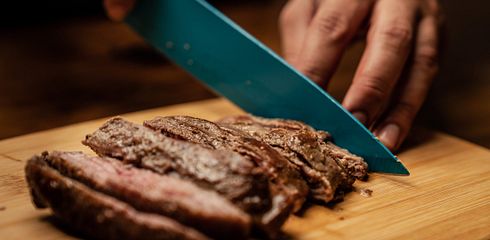General Information on the Sale of Game Meat
Hunters not only obtain trophies through hunting or engage in active nature conservation and take responsibility for an ecosystem through hunting. Hunters also produce a very high-quality food - the so-called game meat, the flesh of the hunted wild animals. There are indeed hunters, landowners, and forestry operations that are not able to utilize all the hunted game for their own needs. Since non-hunters also enjoy the high-quality meat, there is a great demand in the general population.
Game offered in supermarkets does not come from regional hunting but is sourced from large game enclosures in New Zealand or Australia and imported to Germany.
It is certainly more sustainable and possibly of better quality to purchase game meat from regional hunting.
But through which channels can and, above all, may hunters sell game meat to interested parties? There are several things to consider.
Consumption in One's Own Household
If a hunter wants to utilize hunted game in their own household, they are generally free to do so, as long as they are considered a knowledgeable person.
“A hunter is recognized as a 'knowledgeable person' if the corresponding requirements of a training measure are met. The tasks of a 'knowledgeable person' include the examination of the hunted game, the assessment of behavior, and information about possible environmental contamination.”
Nowadays, almost all trained hunters are also knowledgeable persons according to the above standards, as the acquisition of expertise has been integrated into hunting training for two decades.
A meat inspection is usually only required if the knowledgeable person / the hunter identifies so-called 'concerning characteristics.' In this case, a veterinary officer decides whether and to what extent the piece may be utilized.
A trichinella examination must be conducted for all susceptible animal species. Anyone who neglects the required examinations - even for personal consumption - is committing an offense.
Direct Marketing in Small Quantities
The direct sale of game or game meat is only possible for the hunter as a knowledgeable person under the following conditions:
- No health-related concerning characteristics may be present. Otherwise, the required official meat inspection (if necessary after the removal of altered animal body parts) must have determined it to be 'fit for consumption.'
- Only the game from one hunting day may be sold (so-called small quantity).
- The game may only be passed on directly to end consumers (e.g., other hunters, drivers, acquaintances) or to local retailers that sell directly to end consumers (such as restaurants, butcher shops).
- Direct marketing through retail may only occur within a radius of no more than 100 kilometers from the hunter's residence or the location where the game was hunted.
If the hunter sells skinned/plucked and/or butchered game, they must be registered with their local food safety authority and conduct self-checks for hazard control. The registration process is governed by the respective state law.
It is advisable to directly contact the responsible food safety authority / veterinary office regarding any interest in registration.
A great way to directly sell your meat to the above-mentioned end consumers after registration is offered by the app Waldfleisch.
Sale to the Game Trade
The sale of the game to game processing companies is only required when not only 'small quantities,' i.e., the game from one hunting day, are marketed directly to end consumers or local retail stores.
Before the sale to the game processing company, the following hygiene requirements from the EU hygiene package apply to the hygienic treatment of the hunted game. All further steps - including marketing - are the responsibility of the game processing company.
Handling of Hunted Game
To ensure that consumers greatly enjoy the game meat and that the hunter does not encounter issues with the responsible food safety authority, it is important that they implement all measures that ensure compliance with necessary hygiene.
Thus, they must handle the hunted game as follows:
Large Game:
- After hunting, the stomach and intestines must be removed as soon as possible; if necessary, the animals must be bled (e.g., by opening the major blood vessels of the animal).
- The knowledgeable hunter must examine the game body and all removed entrails for characteristics that may indicate that the meat could be health-threatening. The examination must take place as soon as possible after hunting.
- Subsequently, the game must be transported to a game processing facility as soon as possible. When multiple pieces are involved, stacking the game must be avoided.
- If the hunter finds no noticeable characteristics during the examination, observes no behavioral disturbances before hunting, and there is no suspicion of environmental contamination, the hunter must certify this with a numbered declaration. The head and entrails do not need to be attached to the game body, except for pieces of wild species susceptible to trichinosis, whose head (excluding tusks) and diaphragm must be attached to the game body.
- If the hunter has identified concerning characteristics, observed behavioral disturbances, or if environmental contamination cannot be ruled out, the entrails (except for the stomach and intestines) must be attached to the game body in such a way that it is clear to which piece they belong. The head (excluding tusks, antlers, or horns) must also be delivered to the game processing facility. Additionally, the hunter must report the noticeable characteristics.
- The supervisory authority, usually the veterinary office, can order the inclusion of the head and all entrails for delivery to the game processing facility if investigations for residues and zoonoses (e.g., according to the national residue control plan or zoonoses monitoring) need to be conducted.
- If no knowledgeable hunter is available for examination, the head (excluding tusks, antlers, and horns) and all entrails (excluding the stomach and intestines) must also remain with the game body.
- The game bodies must be cooled to no more than +7º C within a reasonable time after hunting. As far as climatic conditions allow, active cooling is not required.
Small Game:
- The knowledgeable hunter must examine the game for characteristics that may indicate that the meat could be health-threatening. The examination must take place as soon as possible after hunting.
- If noticeable characteristics are found during the examination, behavioral disturbances are observed before hunting, or there is a suspicion of environmental contamination, the hunter must inform the responsible authority.
- Meat from free-living small game may only be marketed if the game is transported to a game processing facility as soon as possible after the examination by the hunter.
- The game bodies must be cooled to no more than +4º C within a reasonable time after hunting. As far as climatic conditions allow, active cooling is not required.




